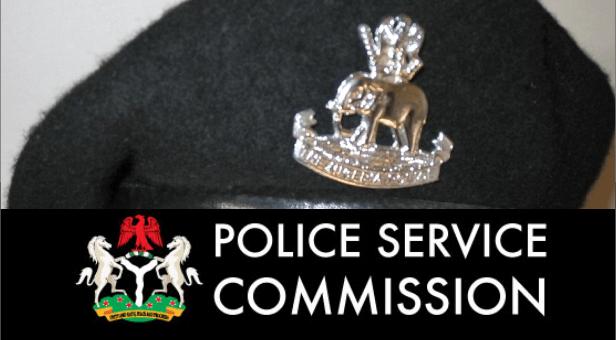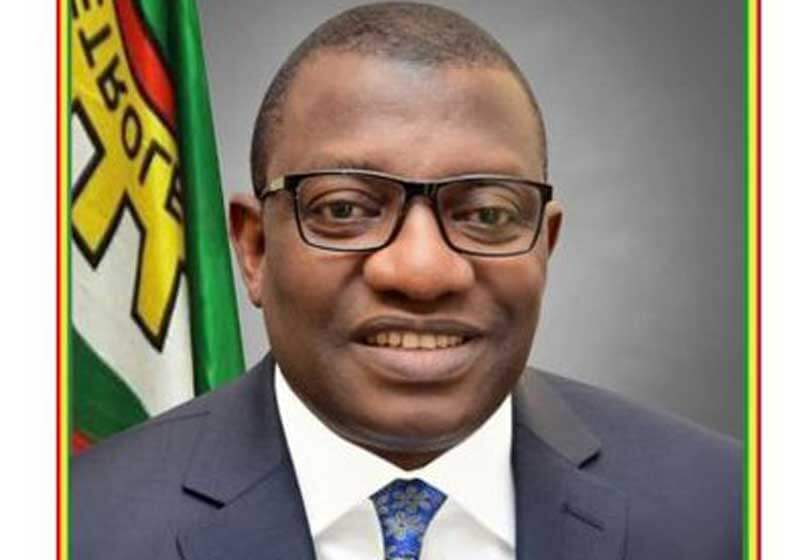Ambiguous Roles Of Security Agencies Undermine Criminal Justice—PSC

The Chairman of the Police Service Commission (PSC), retired Deputy Inspector General of Police, Hashimu Argungu, has identified conflicting roles among security agencies due to unclear mandates as one of the major threats to effective implementation and compliance with criminal justice procedures in Nigeria.
Speaking at a one-day programme titled “The Executive Forum for Efficient Implementation of the Administration of Criminal Justice Regime in Nigeria,” Argungu said it was pertinent to review and explore the challenges of compliance with the administration of criminal justice instruments.
The programmme was organised by CLEEN Foundation in conjunction with the Nigeria Police Force, the statement by the PSC Head, Press and Public Relations, Ikechukwu Ani, reads.
Argungu emphasised the urgent need for clearly defined roles among Nigeria’s security agencies to “eliminate ambiguity and conflict in their operational mandates” while calling for the review of the “country’s passive justice systems” as currently practised at both the federal and state levels.
In his address, Argungu highlighted several other drawbacks affecting the criminal justice system, including “lack of funding, the impact of globalisation and computerisation, inter- and intra-service conflicts, unnecessary competition, and petty jealousy”.
He further noted that “poor coordination and collaboration, ignorance of institutional roles and responsibilities, and the politicisation of crime and security issues” continue to undermine the administration of justice.
This is as he urged both the federal and state governments to urgently review the justice systems in their jurisdictions.
Argungu also appealed to the National Assembly and State Houses of Assembly to “update Nigeria’s laws to reflect current global realities affecting law enforcement and justice delivery”.
Subsequently, he recommended that the Attorney General of the Federation, along with the Ministries of Interior and Foreign Affairs, should organise workshops for investigative and prosecutorial agencies on mutual legal assistance in criminal matters.
These workshops, he said, should also “cover the admissibility and use of electronic evidence to enhance successful investigation and prosecution, especially in cases involving suspects residing abroad”.
Argungu further advocated for coordinated efforts among democratic institutions and components of the criminal justice system, stating, “The democratic institutions and other components which constitute the criminal justice system should be encouraged to work in coordination of justice as any organ that acts wrongly may affect the whole system.”
He also urged the National Human Rights Commission to collaborate with key stakeholders involved in the daily operations of the criminal justice system and engage the public for operational support.
Ambiguous Roles Of Security Agencies Undermine Criminal Justice—PSC is first published on The Whistler Newspaper


